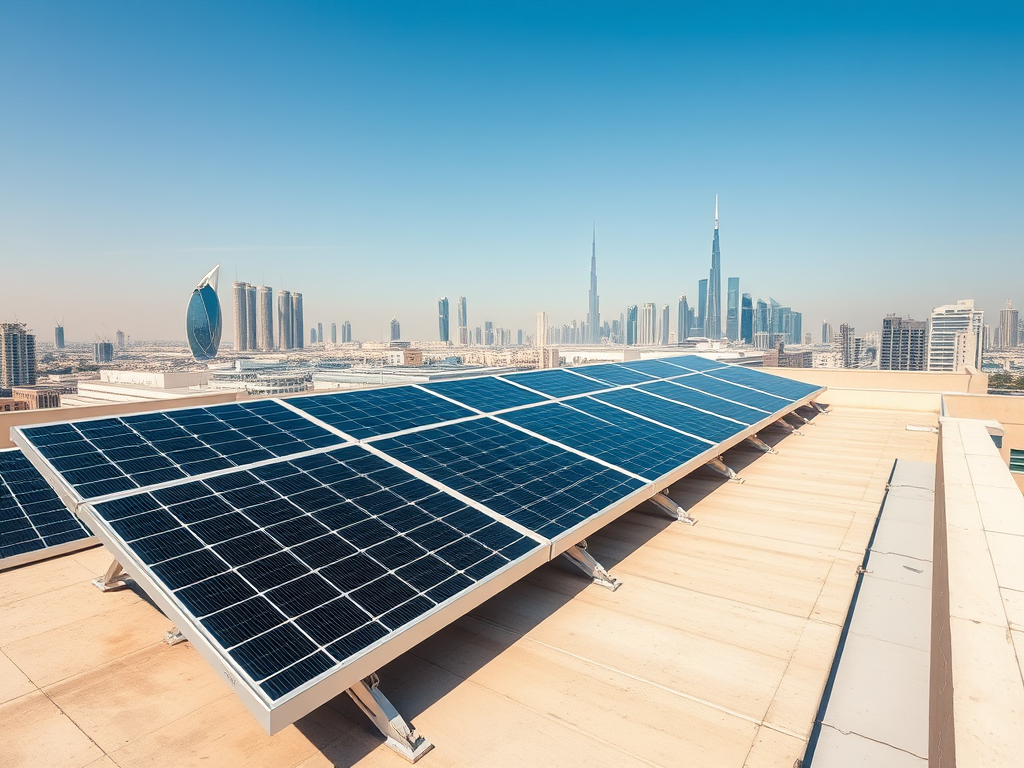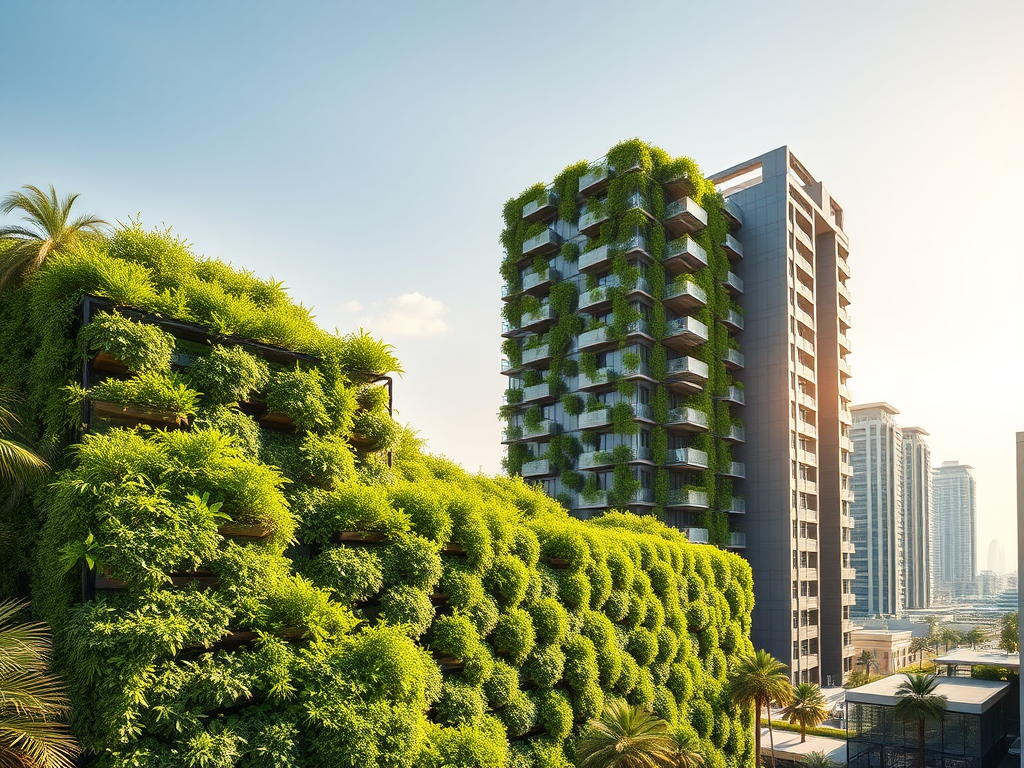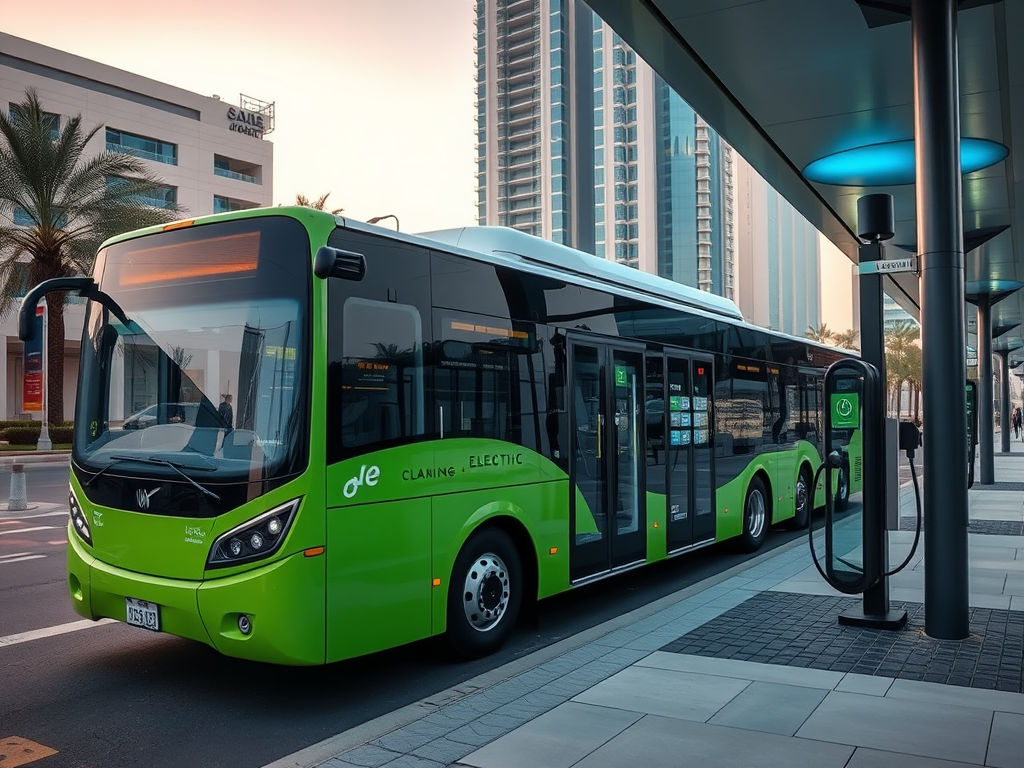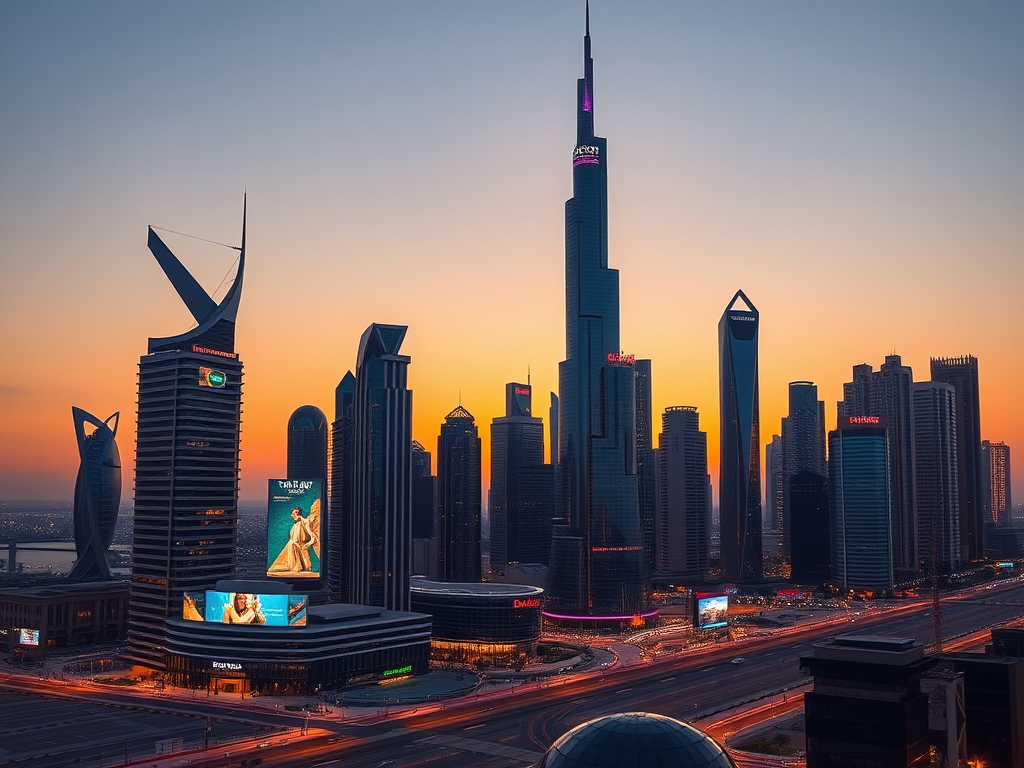
Dubai has emerged as a frontrunner in sustainable development, and its energy efficiency projects present a myriad of lucrative investment opportunities. The government’s commitment to reducing carbon emissions and promoting green technologies aligns perfectly with global trends towards sustainability. As businesses and investors are increasingly prioritizing eco-friendly measures, Dubai’s initiatives in this sector are not only a step towards environmental preservation but also a prime avenue for financial returns. This article will explore the investment landscape in Dubai’s energy efficiency projects, shedding light on the key areas of growth, potential partnerships, and the overall competitive advantages of investing in this booming market.
Understanding Dubai’s Commitment to Energy Efficiency

The United Arab Emirates (UAE) government has outlined clear objectives within its Energy Strategy 2050, aiming to enhance energy efficiency by 40% and promote clean energy sources. Dubai specifically envisions a smart, sustainable city through initiatives like the Dubai Integrated Energy Strategy, showcasing its commitment to reducing energy consumption and optimizing resource management. Such a proactive stance opens numerous channels for investors interested in clean-tech innovations, infrastructure upgrades, and energy management systems. The city’s development plans center around public-private partnerships, which are crucial for driving energy-efficient projects forward.
Key Sectors for Investment

Dubai’s focus on energy efficiency spans several sectors, each offering unique investment opportunities. Investors can explore the following areas:
- Renewable Energy: The UAE aims to source 50% of its power from renewable sources by 2050, thus significantly increasing investment prospects in solar, wind, and other renewable technologies.
- Energy Management Systems: Companies that provide smart grid technologies or digital solutions for monitoring and reducing energy consumption are in high demand.
- Green Building Technologies: The real estate sector is adapting to stringent green building regulations, creating a need for energy-efficient materials and construction practices.
- Public Transportation: Investment in electric vehicles and sustainable public transport options is encouraged through various government incentives.
- Waste-to-Energy Projects: Projects that convert waste into energy are pivotal in reducing landfill usage and are increasingly attractive to investors.
Dubai’s regulatory framework supports investment in energy efficiency through various incentives and policies. The Dubai Electricity and Water Authority (DEWA) promotes the Shams Dubai initiative, enabling rooftop solar installations for businesses and homeowners, which also allows for net metering benefits. Furthermore, the Dubai Clean Energy Strategy provides grants and funding opportunities for projects focusing on renewable energy. Investors can also take advantage of tax benefits and reduced utility costs by participating in government-backed programs aimed at developing energy-efficient technologies. Understanding these regulations and leveraging available incentives can greatly enhance return on investment for stakeholders involved.
Risks and Considerations
Despite the promising opportunities in Dubai’s energy efficiency projects, potential investors must consider various risks. Market volatility can affect returns, particularly with fluctuating oil prices impacting the implementation of alternative energy projects. Moreover, the regulatory landscape, though supportive, can change, impacting financing and operational agreements. Investors must also be prepared for the technological risks associated with adopting new energy solutions. Therefore, conducting thorough market research and feasibility studies is essential to navigate these risks effectively and make informed decisions. Collaboration with local partners can also mitigate some of these challenges, providing valuable insights into market dynamics and customer preferences.
Итог
Dubai’s commitment to energy efficiency positions it as a prime market for investment in green technologies and sustainable practices. With strong government support, diverse investment sectors, and various incentives to capitalize upon, there is a wealth of opportunity for savvy investors. However, potential stakeholders should remain vigilant regarding the inherent risks and market fluctuations. By aligning investments with Dubai’s sustainability goals and engaging in strategic partnerships, investors can play a significant role in advancing the region’s energy efficiency agenda while achieving substantial financial returns.
Часто задаваемые вопросы
1. What are the main sectors for investment in Dubai’s energy efficiency projects?
The main sectors include renewable energy, energy management systems, green building technologies, public transportation, and waste-to-energy projects.
2. What incentives does Dubai offer for energy efficiency investments?
Incentives include grants, funding opportunities, tax benefits, and reduced utility costs through initiatives like Shams Dubai and the Clean Energy Strategy.
3. What are the key risks associated with investing in energy efficiency projects?
Key risks include market volatility, regulatory changes, technological risks, and the increasing competition in the energy market.
4. How important is collaboration with local businesses for investors?
Collaboration with local businesses provides valuable market insights, helps mitigate risks, and facilitates smoother entry into the Dubai market.
5. What role does the government play in promoting energy efficiency in Dubai?
The government plays a significant role by setting clear energy strategies, providing regulatory support, and facilitating public-private partnerships to promote sustainable practices.


